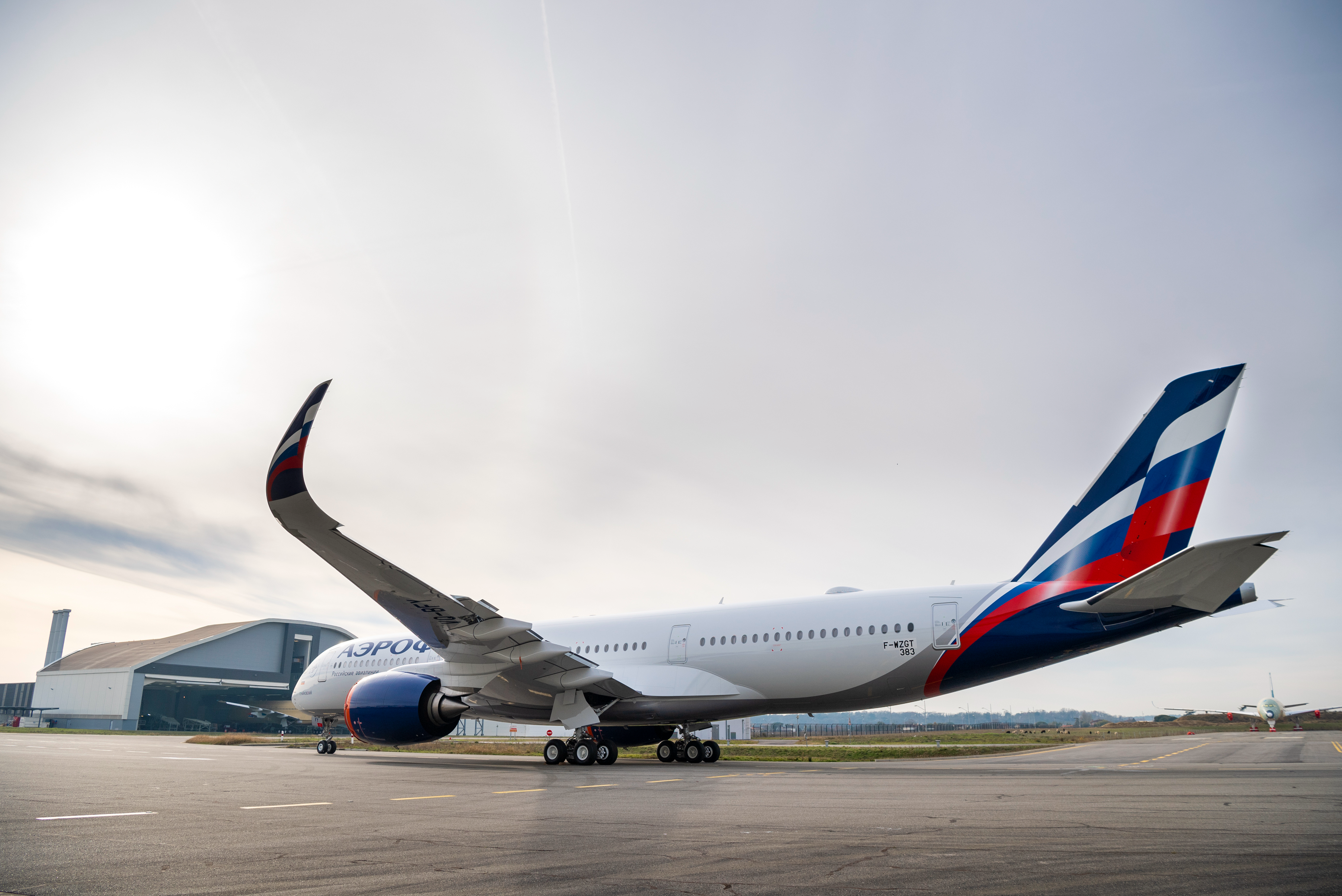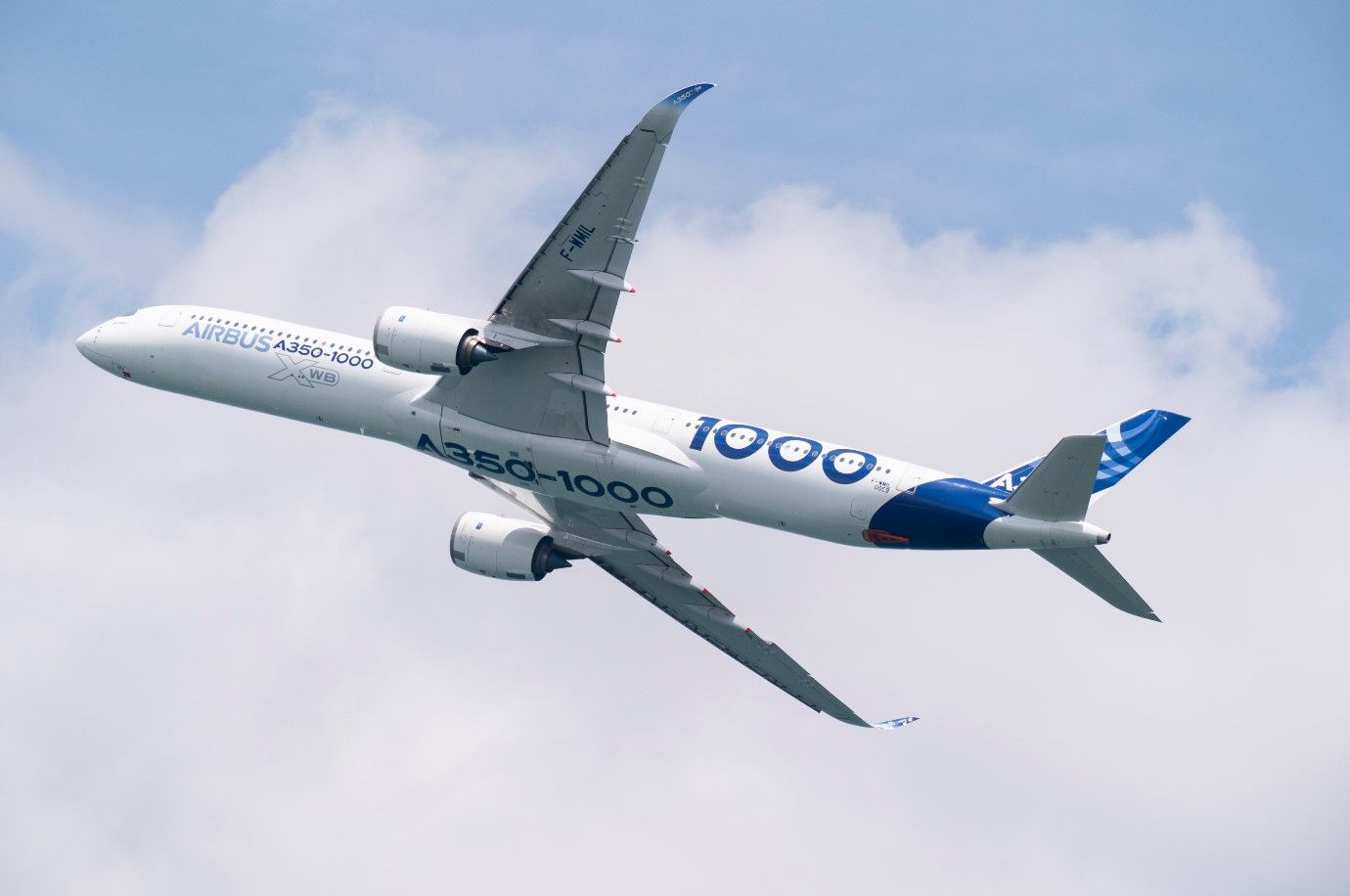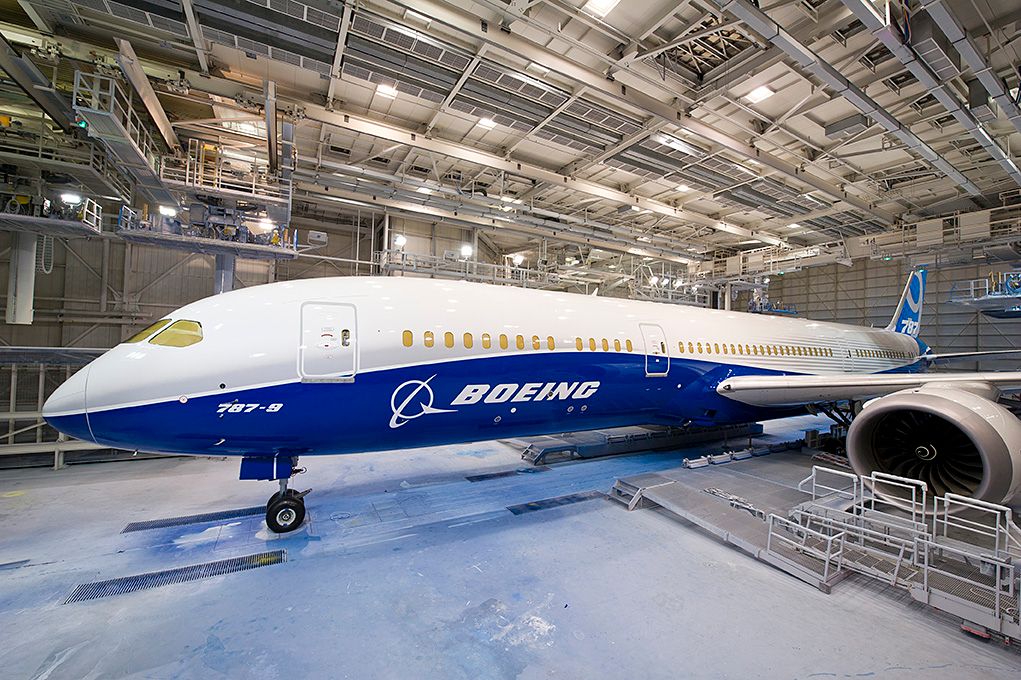Much has been said about the consequence for the aviation industry in Russia, with airlines re-registering planes and absent maintenance and spare parts for aircraft. However, import sanctions on Russian materials may also have an effect on the aerospace industry and companies in the West.
Geopolitical risks part of supply planning
On Tuesday, European OEM Airbus urged European leaders to allow the import of Russian titanium. During the company's annual shareholder meeting, reappointed CEO Guillaume Faury stated that while the sanctions were "defending values." to expand them to include Russian titanium would "not be appropriate."
Meanwhile, in his speech, Faury said that geopolitical risk is included in the company's titanium procurement policies and that Airbus was protected in the short and medium-term. In parallel, the company has accelerated a process to secure alternate sources of supply of titanium for the longer term.
Largest titanium provider is partly state-owned
Russia is the world's largest producer of the metal, which is used in aircraft and jet engines. Titanium alloys account for about 14% of the airframe of the Airbus A350 XWB by weight. For the Boeing 787 Dreamliner, it is about 15%.
Some of the titanium forgings are supplied by VSMPO-AVISMA, the world's largest producer located in Verkhnyaya Salda, about 1,800 km east of Moscow, via the Spanish company Aernnova Aerospace. VSMPO, which is 25%-owned by the state aerospace conglomerate Rostec provides about half of Airbus' titanium needs and about a third of Boeing's.
However, the American planemaker says it has suspended the purchase of titanium from Russia since last month. While declining to comment on when the company had last received Russian titanium, a spokesperson for Airbus shared the following statement with Reuters,
"Airbus is applying and will continue to apply the sanctions fully. Sanctions on Russian titanium would hardly harm Russia, because they only account for a small part of export revenues there. But they would massively damage the entire aerospace industry across Europe."
Safran has stockpiled for engines
Meanwhile, French engine maker Safran has been stockpiling titanium and is moving to reduce its reliance on the Russian provider. At the end of February, Chief Executive Officer Olivier Andries said the company had 'a couple of months ahead of it' with the available stocks.
Russia's military invasion of Ukraine is showing no signs of ending. What the world had hoped could be over in months looks like it may take years, with countless losses measured in lives, homes, and infrastructure and the immeasurable effects of trauma for generations to come. The financial implications following the far-reaching sanctions from the West against Russia also threaten to set the country's economy back decades. What far-reaching implications it will have for the aerospace industry remains to be seen.
Do you think titanium should be included in the list of sanctions, particularly as the largest supplier is partly state-owned?
Source: Reuters



